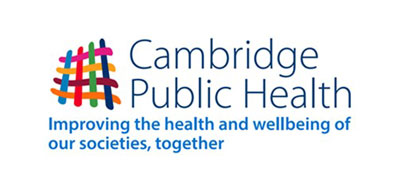Shutterstock.com
Vaccination and beyond: Lessons for ending the pandemic from the Asia-Pacific region, Europe, and the U.S.
9:00AM - 12:00PM (EDT)
Shutterstock.com
Event Details
This online event is co-sponsored by the Asia-Pacific Hub of the Reform for Resilience Commission at the Center for Asia-Pacific Resilience and Innovation (CAPRI); the Harvard Chan School of Public Health; the European University Institute; Cambridge Public Health; and Fubon Cultural and Educational Foundation.
As the COVID-19 pandemic nears the end of its second year, health systems worldwide continue to experience unprecedented strain, highlighting the need for solutions that make health care more effective, accessible, and affordable. Especially in the Asia Pacific, countries that experienced early success in pandemic management in 2020 now face new conditions that confound their exit strategies to a post-pandemic world.
Governments are encountering obstacles to vaccine procurement, manufacturing, and acceptance, and the emergence of new variants threatens the progress made in managing the spread of COVID-19. What lessons can be drawn from the Asia Pacific and other regions of the world? Looking ahead, the effects of climate change on human health will also challenge health systems in new ways. What health care, economic, and environmental innovations can be deployed to improve global economic and health system resilience in response to these new challenges?
The Reform for Resilience Commission gathers leaders from different regions and sectors to make the pandemic a catalyst for strengthening global institutional commitment to a healthier and more resilient model of global growth, especially in terms of public health, the economy, and the environment. The Asia-Pacific Hub of the Resilience Commission at the Center for Asia-Pacific Resilience and Innovation (CAPRI) is pleased to partner with the Miller Center, the North American Hub at the Harvard Chan School of Public Health, and the European Hub at the European University Institute School of Transnational Governance and Cambridge Public Health to present this global, online event on recent successes and challenges in pandemic management.
The event will start with a discussion on vaccine progress in the Asia-Pacific region and the unveiling of the Asia-Pacific Hub’s report, “Resilience in the Asia Pacific: Vaccines and the 'Triple Challenge,'" on the region’s pandemic responses and vaccination efforts. The report's themes are also highlighted in the October 25 op-ed in Nikkei Asia titled “Asia Pacific must fix its broken vaccine system,” by Malcolm Turnbull, co-chair of the Reform for Resilience Commission, and Syaru Shirley Lin, chair of the Asia Pacific Hub.
In the second half of the program, panelists will discuss the pandemic response in Europe, Asia, and the United States, and how health systems can be made more accessible, effective, and resilient around the world.
Agenda
Opening remarks
Prof. Michelle A. Williams, co-chair, Resilience Commission; dean, Harvard TH Chan School of Public Health
The Honorable Chen Chien-jen, commissioner, Resilience Commission; distinguished professor at the Genomics Research Center, Academia Sinica; vice president of Taiwan (2016-20)
Session 1: Vaccinating our way out of the pandemic
Enhancing development, manufacturing, distribution, and acceptance of vaccines in Asia Pacific
Prof. Syaru Shirley Lin, commissioner and chair, Asia-Pacific Hub, Resilience Commission; Compton Visiting Professor, Miller Center (moderator)
Ms. Pam Cheng, executive vice president, Operations and Information Technology, AstraZeneca
Prof. Yik Ying Teo, advisor, Asia-Pacific Hub, Resilience Commission; dean, National University of Singapore Saw Swee Hock School of Public Health
The Honorable Malcolm Turnbull, co-chair, Resilience Commission; prime minister of Australia (2015–18)
Prof. Eng Kiong Yeoh, commissioner, Resilience Commission; professor of public health and director, Centre for Health Systems and Policy Research, The Chinese University of Hong Kong
Session 2: Finding innovative policy and private-sector solutions to public health challenges
Part 1 (10:20–10:30): Discussion of Asia-Pacific Hub's report “Resilience in the Asia Pacific: Vaccines and the ‘Triple Challenge’ ”
Dr. Anneke Schmider, research director, Asia-Pacific Hub, Resilience Commission
Prof. Adam Kamradt-Scott, professor and chair of global public health, School of Transnational Governance, European University Institute
Part 2 (10:30–10:40) Innovation and public health
Mr. Stan Shih, commissioner, Resilience Commission; founder and honorary chairman, Acer Inc.; chairman, StanShih Foundation
Session 3: Enhancing resilience in public health
Making health systems in the U.S., Europe, and Asia Pacific more accessible, affordable, effective, and sustainable
Dr. Patricia Geli, executive director, U.S. Hub, Resilience Commission; Harvard TH Chan School of Public Health (moderator)
His Excellency José Manuel Barroso, co-chair, Resilience Commission; chair of Gavi, the Vaccine Alliance; president of the European Commission (2004-2014)
Prof. Chang-chuan Chan, chair, International Advisory Board, Asia-Pacific Hub, Resilience Commission; chair professor of public health, National Taiwan University
Dr. J. Stephen Morrison, James R. Schlesinger Distinguished Professor, Miller Center; senior vice president and director, Global Health Policy Center, Center for Strategic and International Studies
The Honorable Alexander Stubb, commissioner, Resilience Commission; director and professor, School of Transnational Governance, European University Institute; prime minister of Finland (2014-15)
Closing remarks
Mr. George Freeman, commissioner and founding convenor, Reform for Resilience Commission; UK minister for science, research, and innovation
Dr. William Antholis, director and CEO, Miller Center
When
9:00AM - 12:00PM (EDT)
Where
Speakers
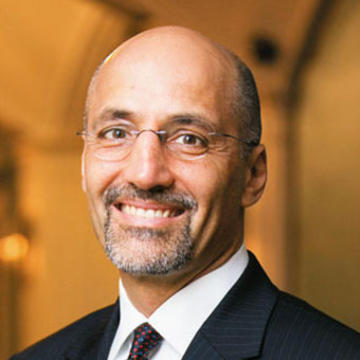
William Antholis

José Manuel Barroso

Chang-Chuan Chan

Chen Chien-jen
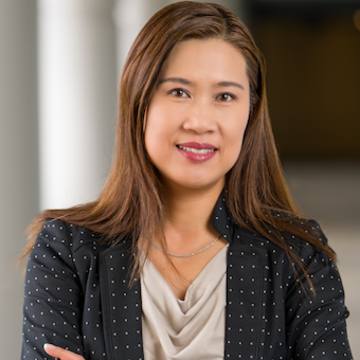
Pam Cheng
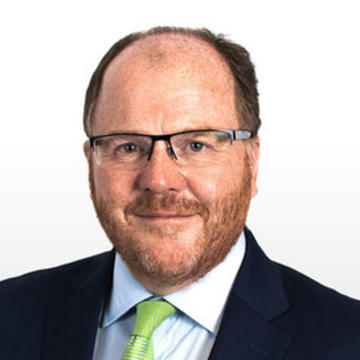
George Freeman

Patricia Geli

Adam Kamradt-Scott

Syaru Shirley Lin
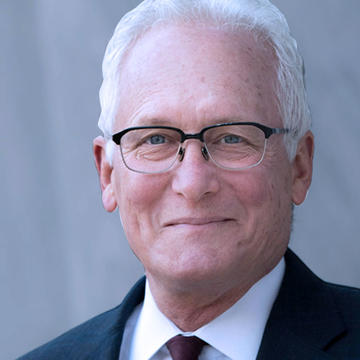
J. Stephen Morrison

Anneke Schmider

Stan Shih

Alexander Stubb
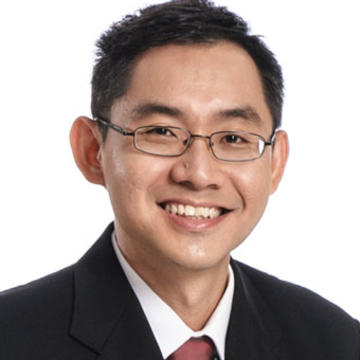
Yik Ying Teo

Malcolm Turnbull

Michelle Williams

Eng Kiong Yeoh





